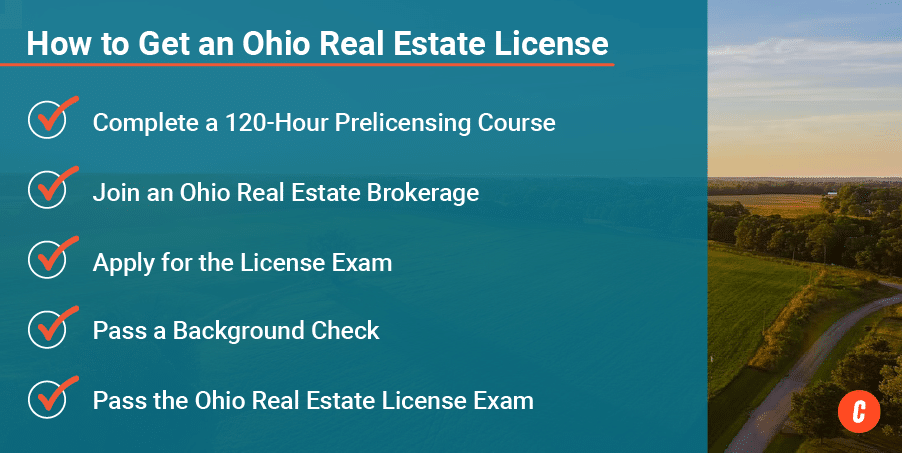
Investors come in many forms, including first-time home buyers who want to buy their first property or experienced investors looking to diversify their portfolio. For most people, purchasing an investment property is a major financial decision that will require careful planning and research. The key is to find the best investment for you and to achieve your goals in the time you have.
What to Look For When Buying an Investment Property
The best thing to think about when you are looking for investment properties is the location. Attractive locations can help increase the property’s long-term value, as well as generating good income for their owner.
In addition to the property's physical appearance, you should take into account the local economy and population trends in the area, as well as the potential for development. Some areas are home to a strong tourism sector, while others have an active building industry that could provide future growth and value appreciation.

What to look for when investing in real estate
A lot of people are interested in buying investment property, but not everyone understands exactly what it is or what the process involves. It can be overwhelming. However, it is possible to start by understanding the basics.
Capital Appreciation (Cap Rate)
Cap rates are an important figure when investing in property. They give you an estimate of the amount you can make based upon your purchase price. This is done by subtracting the current market value from the cost of the property.
It is a simple calculation, but it gives you an excellent basis for comparing your return on investment to similar properties. Your cap rate is 4.8% if you rent a condo out for $1,000,000 and buy it for $1 million.
What to look for when purchasing an investment property
It is vital to learn about the market trends, and what you can anticipate in terms of capital appreciation, if you want to buy your first property as an investment. This will ensure you are getting the most for your money and that you make a good investment.

What to Look for When You Take Out An Investment Mortgage
A mortgage for an investment property will be more expensive than one for a primary house. In addition, the down payment requirements could be more severe. A minimum credit score of 620 is required by most lenders. Interest rates can be slightly higher.
What to Look for When Applying for a Loan For Investment Property
While most banks, wholesale and hard money lenders offer loans for investment properties you will need to be able to repay the loan. This will vary depending on your specific situation and what property you intend to invest in. Lenders require at least 620 credit scores. Assets, employment history, debt levels, and assets will all play a role when deciding whether or not you are approved for a loan.
FAQ
Should I rent or own a condo?
Renting could be a good choice if you intend to rent your condo for a shorter period. Renting saves you money on maintenance fees and other monthly costs. The condo you buy gives you the right to use the unit. You can use the space as you see fit.
How do I fix my roof
Roofs can leak because of wear and tear, poor maintenance, or weather problems. For minor repairs and replacements, roofing contractors are available. Contact us to find out more.
Do I need a mortgage broker?
A mortgage broker may be able to help you get a lower rate. Brokers can negotiate deals for you with multiple lenders. Some brokers do take a commission from lenders. Before you sign up, be sure to review all fees associated.
What should I be looking for in a mortgage agent?
A mortgage broker assists people who aren’t eligible for traditional mortgages. They compare deals from different lenders in order to find the best deal for their clients. This service is offered by some brokers at a charge. Other brokers offer no-cost services.
What is reverse mortgage?
Reverse mortgages are a way to borrow funds from your home, without having any equity. It allows you access to your home equity and allow you to live there while drawing down money. There are two types: government-insured and conventional. If you take out a conventional reverse mortgage, the principal amount borrowed must be repaid along with an origination cost. FHA insurance covers repayments.
Statistics
- Based on your credit scores and other financial details, your lender offers you a 3.5% interest rate on loan. (investopedia.com)
- Private mortgage insurance may be required for conventional loans when the borrower puts less than 20% down.4 FHA loans are mortgage loans issued by private lenders and backed by the federal government. (investopedia.com)
- This seems to be a more popular trend as the U.S. Census Bureau reports the homeownership rate was around 65% last year. (fortunebuilders.com)
- Over the past year, mortgage rates have hovered between 3.9 and 4.5 percent—a less significant increase. (fortunebuilders.com)
- This means that all of your housing-related expenses each month do not exceed 43% of your monthly income. (fortunebuilders.com)
External Links
How To
How to Find Real Estate Agents
A vital part of the real estate industry is played by real estate agents. They offer advice and help with legal matters, as well selling and managing properties. The best real estate agent will have experience in the field, knowledge of your area, and good communication skills. Look online reviews to find qualified professionals and ask family members for recommendations. Consider hiring a local agent who is experienced in your area.
Realtors work with buyers and sellers of residential properties. A realtor helps clients to buy or sell their homes. As well as helping clients find the perfect home, realtors can also negotiate contracts, manage inspections and coordinate closing costs. A majority of realtors charge a commission fee depending on the property's sale price. Some realtors do not charge fees if the transaction is closed.
The National Association of Realtors(r), (NAR), has several types of licensed realtors. NAR membership is open to licensed realtors who pass a written test and pay fees. A course must be completed and a test taken to become certified realtors. NAR recognizes professionals as accredited realtors who have met certain standards.